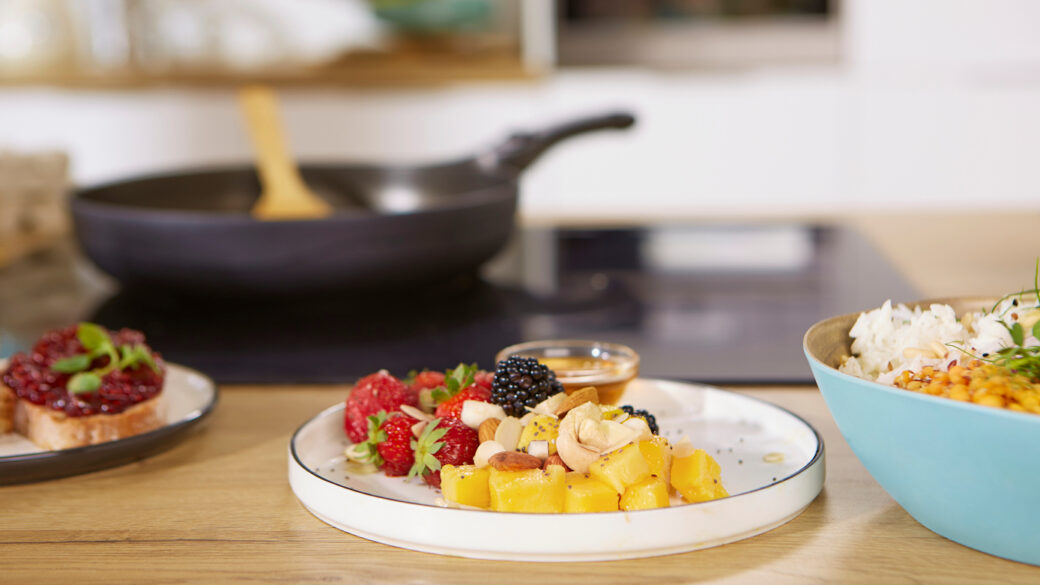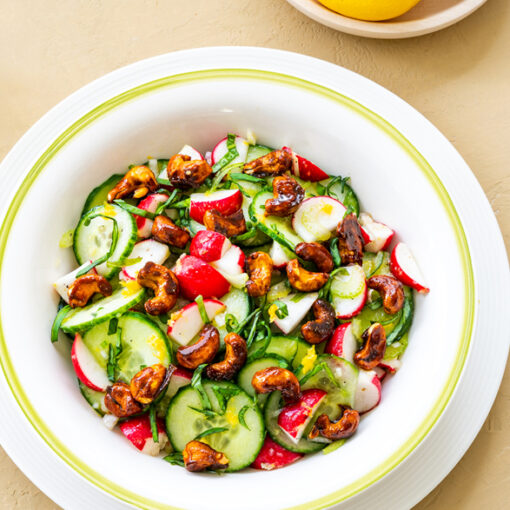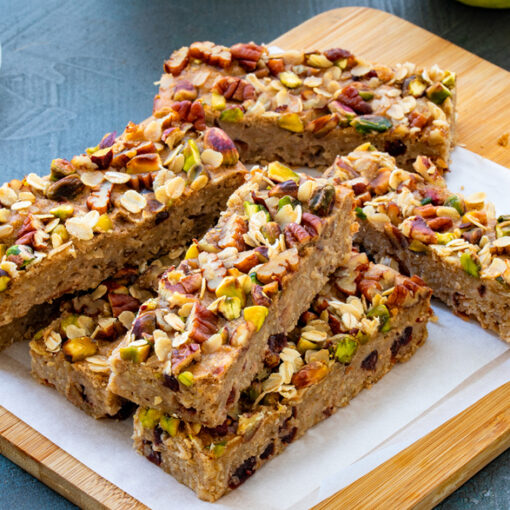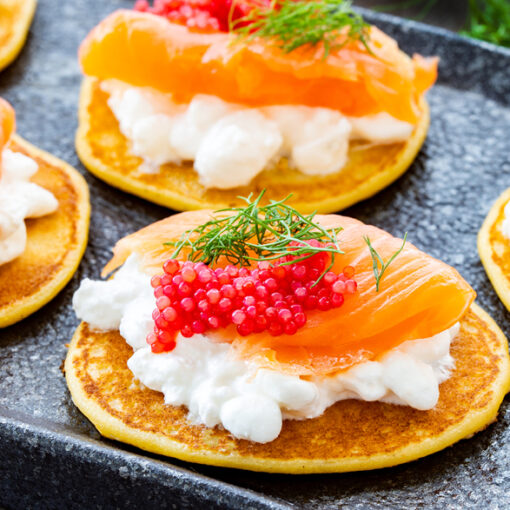Going places? What food should you take on the road and how to pack it

Most people and families like to pick handy sweet and savory snacks to enjoy during a road trip. This is a common mistake as such snacks are inappropriate – they make us thirsty while the children become even more restless. Hygienic food handling and, of course, hand washing should also be kept in mind at all times.
With flight options severely limited this year, many families will opt for a road trip to their holiday destination. Getting to it might also include one or more food stops. What to eat on the way to the holiday, when it’s hot outside and there are sweets-craving children present in the car?
Experts say sweets are the least appropriate solution in such cases as they will make children restless which will make it difficult for everyone present, especially the driver. Keep in mind that salty and sweet foods dehydrate the body so they are best avoided on long(er) road trips. But the list doesn’t end there. When traveling by car or bus it is advisable to avoid pasta, bread, and any kind of foods made from white flour. These foods have a high hypoglycemic index and one will likely become drowsy after eating them.
What should one eat instead? In case the “keep it simple” approach prevails some imagination will also help. If you can’t do without sandwiches, prepare ones that will be as light and juicy as possible. Lettuce, sprouts, peppers, cucumbers, and herbs are very tasty foods and above all healthy. If you stop at a restaurant on the way to the holiday, stick to a healthy diet.
Things to keep in mind
Nutrition experts will tell you to avoid adding tomatoes to sandwiches as they quickly soak the bread. If you’re a tomato-loving family – just bring them along and eat them separately. When going on a road trip, salamis also shouldn’t make the food list. Why? Because they are salty and make you overly thirsty. Instead, nutrition experts suggest eating home-roasted chicken breasts. Be sure to add couscous, buckwheat porridge, and/or cereals to cucumber and tomato salads, otherwise, they could quickly turn into a floating mixture that is likely to end in the trash.
Snacks for children
You can replace the unhealthy snacks with nicely prepared fruits and vegetables. Kids will also enjoy any kind of colorful snacks. Combine them with cheese and nuts. Few other great food combos are pears with cheese, grapes and cheese are also suitable, and watermelon is friends with grapes as are nectarines with pineapple. If you are preparing a fruit salad, consider adding fresh mint, lemon balm, or sage for even more freshness. In case you’re after a more energetic snack, treat yourself to a cereal bar or a mixture of nuts and dried fruit.
Hydrating is important
In the summer heat, human body needs even more fluids than usual. If you get tired of drinking plain water on the way, which is the most recommended option, opt for healthy fruit drinks. Of course, without added sugar. It is a good idea to prepare lemonade for the road: squeeze lemon juice into the water, add some fresh herbs (mint, lemon balm), or a pinch of elderberry syrup. Homemade juice is also a nice travel drink: make fruit puree from any fruit by squeezing the fruit through a strainer or mixing it. Add water and a little lemon juice to keep the fruit from darkening.
If you have a juicer, you can also squeeze the juices of various fruits and vegetables and prepare a homemade iced tea. Iced teas are extremely refreshing and go well with various fruit juices and herbal add-ons. Rooibos or pomegranate work well for iced tea. If you are making herbal tea, add a little lemon juice to it, otherwise, it will darken over time and will be less appealing to drink. In case the whole family has a sweet tooth, some honey (in moderation) can be used for sweetening.
Paying attention to food preparation
Any road trip food should be packed in clean, impermeable, and food-friendly packaging. Raw foods (such as meat, eggs) are best stored separately from cooked and store-sliced deli foods and separately from foods that are consumed raw (fruits, vegetables). It is best to store them on the bottom of a cooler bag or in a separate bag.
Greater attention should be paid to foods that must be stored at low temperatures, such as milk and dairy products, heat-treated foods ready to eat, and fresh meat. For longer trips, it’s best to have two cooler bags, one for drinks and food for the trip, the other for the food you’ll be consuming at the finish line. Thoroughly clean the cooler bag before use to prevent possible contamination of food during transport. Put the perishable foods that have been previously stored in the freezer and refrigerator in a refrigerated cooler bag just before departure. Place the cooler bag in the coldest place in the car, avoid exposure to direct sunlight.
Poor hand hygiene can ruin a holiday
When traveling to foreign countries or destinations hand hygiene should be of great importance, so that your vacation is not spoiled by any infectious, especially intestinal disease. In case your hands cannot be washed with running water and soap, use cleaning or disinfectant wipes.
What about juices? They are best avoided. If you think you or your kid cannot make the hike or trip without them, choose 100 % fruit juices and dilute them, preferably in a ratio of 2 units of water per 1 unit of juice.
Enjoy your road trip and the holiday.






